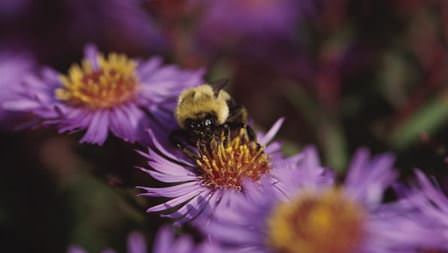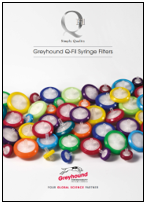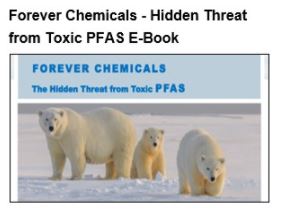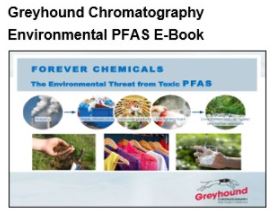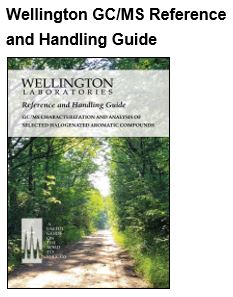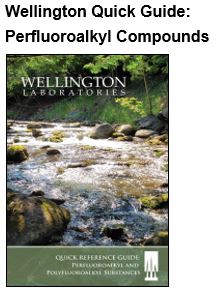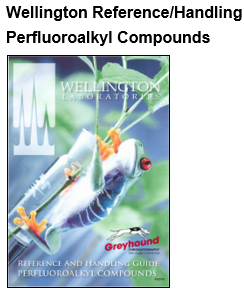EPA Finds that pesticides are only dangerous on some crops
For months, pesticides have been featured in headlines as the bad guy against honeybees. However, new research may change all that.
Findings recently released by the Environmental Protection Agency found that neonicontinoids, the pesticide considered dangerous by so many environmental activists, may only be harmful on certain crops. This is the first scientific risk assessment on this pesticide completed by the environmental organization.
A matter of specificity
The test found that the pesticide poses dangers for honeybees pollinating cotton crops as well as citrus ones. However, when the pesticide is used on other crops and plants that bees pollinate, the effects are limited – honeybees and their hives live prosperously without long-term health effects.
The topic has been a hot-button issue because of the honeybee's influence on the American diet. While other insects can pollinate crops, honeybees are generally responsible for 80 percent of all pollination efforts. If these helpful insects begin to die off in mass amounts, the American diet and produce as we know it could be significantly affected.
However, the diminishing bee population can be credited to more than pesticide use. It also has to do with environmental changes such as fungal growth and reduced sources of food for bees. These factors combined are contributing to stressing out the bee population and causing them to die off as a result. Yet despite this knowledge, pesticides have taken the bad rap.
Looking forward
The researchers plan to continue their studies on neonicontinoids, as they have only tested a few crops and their subsequent effects so far. The results revealed that crops that used a high concentration of the substance, such as cotton and citrus fruits, caused damage to bees and their hives. However, other more popular crops such as corn that use a low concentration of the pesticide had little effect on the bees' wellness. The team plans to test other pollinated crops including melons, herbs, tree nuts and legumes to determine their levels of pesticides and subsequent effects on the bees.
Once the team has collected all the results, they plan to draft a final report on their findings and consensus on the effects of neonicontinoids on bees.
Neonicontinoids are a new class of pesticides that actually contain nicotine. Because of this nicotine base, they can be very harmful to some insects, including bees, but not to larger animals and humans. This pesticide is highly water soluble, which is why it has become so popular among farmers. Hopefully the results from the EPA will enlighten farmers and determine new ways to safely use this popular chemical.
For over 30 years Greyhound Chromatography has been supplying high quality Chromatography consumables to laboratories around the world. Greyhound’s extensive range covers all areas of Environmental, Petrochemical, Food, Forensics, Chemical and Pharmaceutical analysis. Backed by a highly experienced technical services team, Greyhound is the preferred source amongst today’s analysts.
CONTACT US
Tel: +44 (0) 151 649 4000
Email: marketing@greyhoundchrom.com
FOLLOW US
YOU MAY ALSO BE INTERESTED IN OUR NEWSLETTER

